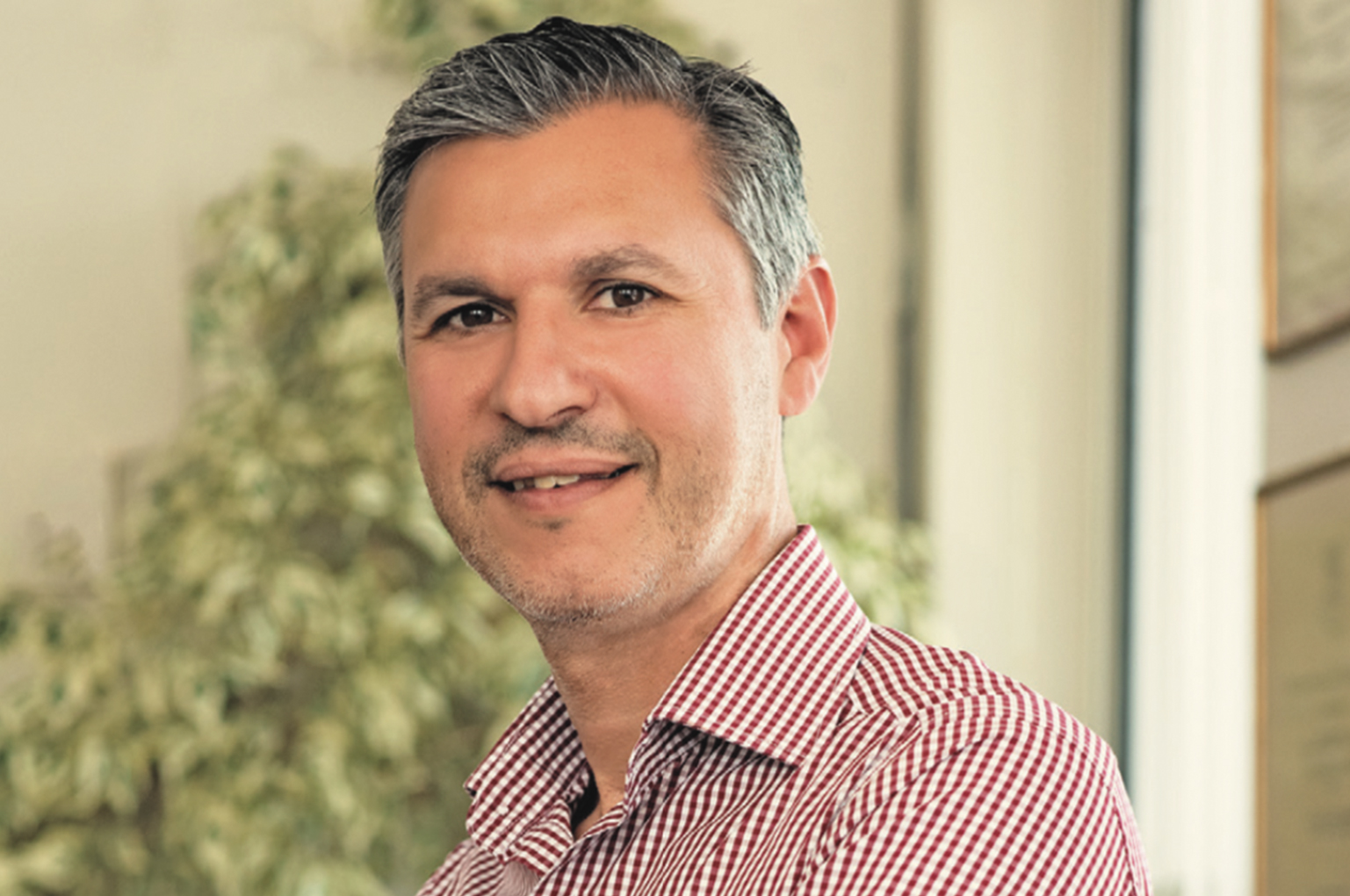
29 Jan Seizing opportunities in a financial crisis: One dairy giant
Michalis Panagiotakis, Deputy CEO, Dodoni, on the company’s recipe for strategic success in the feta and Greek yoghurt market
Dodoni was privatized at the height of the crisis, when Greece’s economy contracted by over 25 percent. How did this challenging period for the country act as a positive catalyst for change?
At first, the signals of a financial crisis can cause a lot of uncertainty and fear. But as you ride the wave you are forced to understand the environment around you, and are in a position where you can create valuable opportunities.
That’s what happened in Greece during the crisis. A fiscal bubble was also created in our economy. Remember we are a small country being drawn into the international economic system rather than leading it; it is easier for an overextending economy to collapse in such circumstances. In this environment, some 20 percent of businessmen and corporations stayed conservative. Those companies wanted to grow but had also kept some generated profits aside, in a structured and proper manner, to do so. There was also a lesson to be had for Greek entrepreneurs of my generation and it boosted the creation of multiple opportunities in the years to come.
Today, Dodoni exports to over 52 countries. How are exports growing and what key markets are you seeking to conquer?
The boom of Greek yogurt over the last few years has tailed off. This is, of course, normal, as there are new products from other countries that are being introduced to the markets and the consuming public. However, Greek yogurt still has good momentum and we are now start- ing to export serious volumes. We have enjoyed being leaders in the domestic market but we want to conquer emerging markets in Asia, as well as markets like Scandinavia and the U.K. In terms of our established markets, we are strong in Central Europe, the Middle East, the U.S. and Australia. We have just launched a new premium category named Epirotiko, meaning “coming from Epirus” which is, in my opinion, the best yogurt on the market. It took us a lot of years to develop the right recipe.
Greece has massive brand equity when it comes to food. What key elements combine to make Dodoni one of the highest-quality brands in feta cheese and yogurt?
First of all, we only use natural ingredients. We are heavily focused on quality and locality. Our milk is 100-percent Greek, as we do not import or use any types of powder. We are compliant with every regulation and operate by the book. That said, the competition can always find a way to override regulations. But we have decided to go the other way, trying to be 100-percent ethical and legal. Whatever people see on the package is what they get. In order to make excellent feta, we invest more in it than in other products and this has to be reflected in the pricing. Proceeds then need to be distributed to the farmers, so they can continue to do their important work. We have a “Taste of Good” umbrella in our business model. By “good” we do not mean only the taste and quality of our products, but our relationship with farmers and customers.
Greece is not an industrial country. Our economy is based on tourism and food. We need to take good care of our economy. We also make a point of sustainability and have brought in the best of the best in terms of technology, automation, hygiene and production standards.
What is your future vision for Dodoni and for the country?
This is only the beginning for Dodoni. The life cycle of an average company in the sector is 50 years and we, with our new line up, have just closed seven years. I believe that we are going to witness Dodoni transform into a large food company—not just a dairy one—with very innovative products. I am highly optimistic about the Greek economy and society as a whole. I believe that the worst has passed and now everyone is sensing that the time is right to forge ahead. I believe this should involve focusing on the bigger sectors as, by doing so, we can combat serious issues like unemployment and inflation at the same time.


